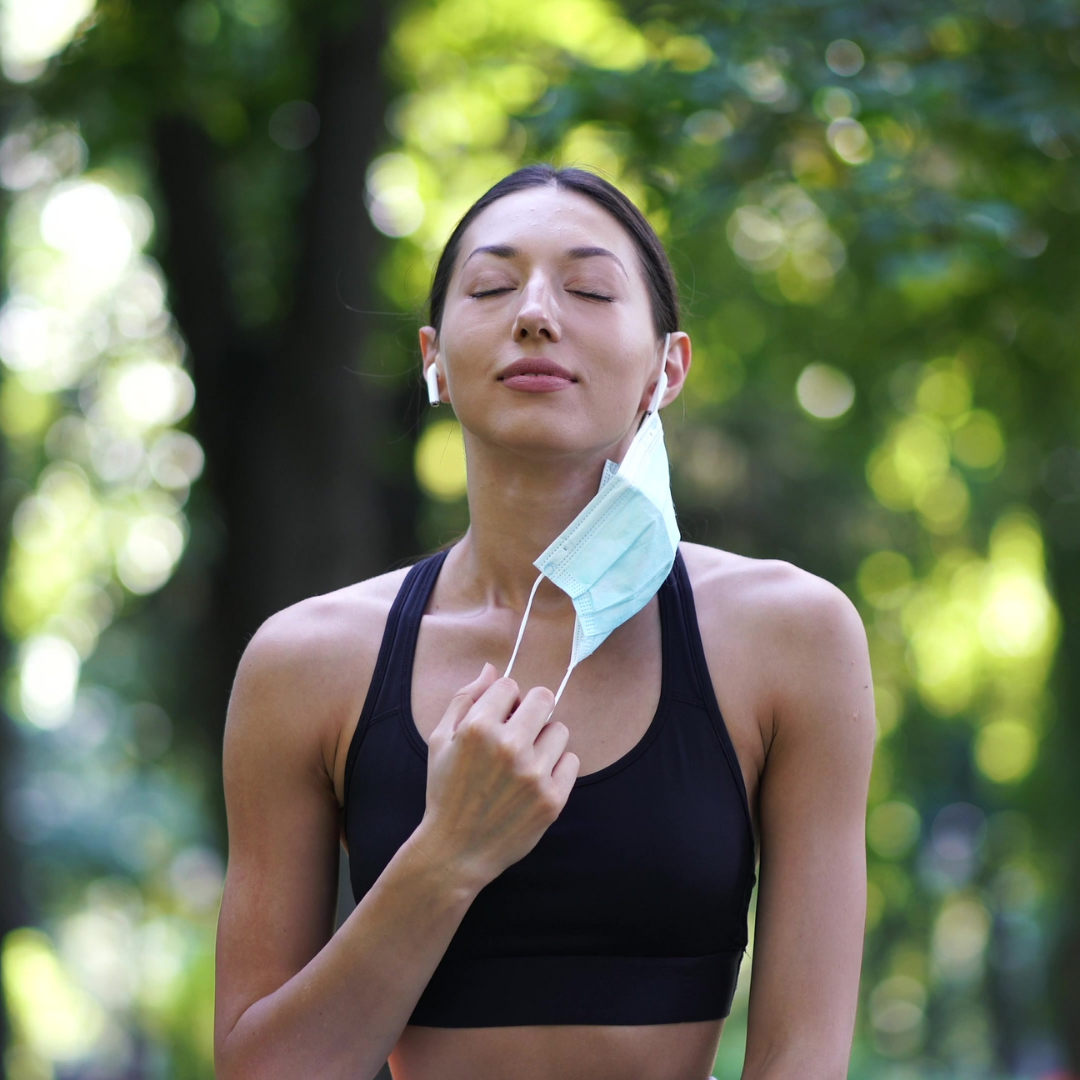With the countless benefits of working out, one exercise that seems to be overlooked is the power of using a mask. The mask is a workout that has similar benefits to working out without one. When working out without the use of a mask, you are forced to move around and increase the intensity of your exercises. This is where a mask comes in handy. It allows you to increase intensity without the fear that you will make a mistake due to being unable to see the task at hand. Some think it is only for fitness purposes, but with the many benefits of working out, it is very beneficial to utilize this method.
There is a lot of conflicting information out there about using a mask when working out. If you’ve ever worn one, you know how it can restrict your breathing and make you feel dizzy. However, it’s not just the mask that matters. The way a mask fits can also affect your workout. Some may be too tight, restricting airflow and causing a drop in your blood oxygen levels. Other masks, on the other hand, might be too large, preventing you from getting a good, deep breath and working out to your potential.
So, can you work out in a mask?
The short answer is yes; you can work out in a mask. A mask makes it possible for you to work out when you can’t breathe, or you don’t like the sight of your sweaty face. Although the benefits of working out in a mask are many, there are some potential risks that you need to be aware of.
Here are some Pros and Cons of Wearing a mask on work out:
Pros
- Reduce the risk of spreading germs.
If you work out in the cold, you may already know that wearing a mask can reduce your risk of spreading germs from your nose and mouth to your workout clothes and equipment.
- Your body will get used to it.
The rationale for using them is simple: to keep a person from experiencing the negative effects of the heat or the cold. If a person is wearing a mask, he or she will automatically feel more comfortable, thus more likely to stick to their workout.
- It makes you safe.
Exercise improves your ability to smell. If you are running around without a mask, you are breathing in more harmful air particles than if you were exercising. So, even if you’re not exercising, you should always wear a mask when you’re in the backcountry. Exercise increases your nervous system reaction time. This makes you a safer backcountry traveler. Your body is better able to react to an accident or a situation.
Cons
- Your workout performance will drop out.
You may think that wearing a mask while you exercise is no big deal, but you’re wrong. A recent study by the University of Queensland has shown that wearing a mask while you exercise can drastically lower your performance.
- It causes more sweating.
If you wear a mask, you will sweat more than a person exercising without a mask—this is because the masks are not just a protective device; they are a barrier to the outside world.
- You cannot do your regular workouts.
If you are thinking about going to the gym for some workouts, you might want to reconsider. Evidence suggests that if you wear a face mask while working out, your body does not get the same benefits from exercise as it would if you were working out without the mask.
The smell of sweat can get pretty awful, especially when you’re pushing yourself hard in an intense workout. Your eyes begin to water, and you feel like you can barely breathe. But there are a lot of workouts that can benefit from being done while wearing a mask, especially if it’s not your idea of a good time. Tennis players, skiers, and even marathon runners can benefit from wearing masks when they exercise.
While wearing a mask may sound like a great way to sweat out toxins, there’s one problem: most masks don’t breath, which means they’re not going to let you sweat as much as you want. That makes wearing a mask a real workout in and of itself, which means it’s not ideal for exercise. But some people don’t have a choice: Industrial workplaces, allergy sufferers, and even a few performers use masks to regulate their breathing during strenuous work.
